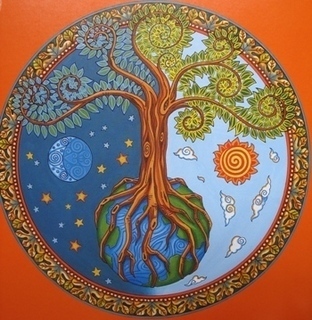For whom did you write your books?
I never thought about that as I was writing them; I just had a story eager to be told. But upon reflection, my books contain themes important to adults, millennials and mature young adults.
The two protagonists in the Coin of Rulve series struggle with the same problems many of us do today. Sheft has experienced too much prejudice and rejection to believe he has a destiny. Teller thinks he had done too much evil, or accommodated it out of self-interest for too long, to be able to do anything about it.
One brother is raised by a judgmental father and aloof mother, and the other knows only his grandmother, because his father remains a mystery. Both must break off with the women they love. Both struggle to accept the unwelcome truth of who they are and follow a very dangerous call.
Like Sheft and Teller, we struggle to believe the Creator has given us a talent to use for the greater good.
How is Coin of Rulve different from other fantasies?
Coin is unusual because the Seani, the small compound where the brothers were born, acts much like a major character. In spite of conflict and uncertainty, it too experiences a call and must strive to answer it.
The series is different in another way. The protags are young men who make mistakes, yet they're also what we might call mystics. They experience not only the divine presence, but also the dark night of the soul. As twins, they suffer from their long separation, feel what the other feels, and learn they must rely on each other. Like many of us, they seek forgiveness and are rebuffed, sacrifice a great deal and yet fail to save, and endure the pain of digging deeper to find a greater strength.
What were your goals in writing the series?
All in all, I've tried to incorporate three points that particularly struck me in Don Maass' book Writing the Breakout Novel: that the highest character qualities are self-sacrifice and forgiveness, that inner conflict should be as urgent, unavoidable and full of emotional appeal as any outer conflict is, and the importance of unexpected tragedy and grace.
Why is Coin considered epic fantasy?
I was surprised when people described the series that way, but I could see their reasons. Epic fantasies usually take place in various lands located in an imaginary world which is somewhat medieval in nature. This world, like our own, holds danger, heartbreak, and fear, as well as compassion, healing, and courage. The Coin series isn't about magic, faeries, or vampires; but does involve greed and betrayal, deadly Powers, and creatures that aren't what they seem.
Many epic fantasies begin with seemingly ordinary children. The first two books of the Coin series begin this way, with Sheft and Teller doing what most children do. But it soon becomes obvious that these boys are different. They grow up, like Harry Potter or Ged, to discover they possess an extraordinary power they must learn to accept and control.
Another element often present in epic fantasy is that the protagonist is an orphan or unusual sibling. This is true of Sheft and Teller, who are orphans in the sense that neither knows who their father is and that one is raised by a grandmother and another by a mother who is often depressed and unavailable. And the boys discover they do possess unusual powers.
There's a fourth theme in epic fantasy which is present in Coin. As as in many myths, the hero or heroine must undergo trials in order to become the kind of person who can achieve their destiny or accomplish their mission.
Sheft knows a murderous creature is attracted to any drop of his blood that falls to the ground, yet he must defend himself from the violence that prejudice aims at him. He has a strained relationship with a father he can't seem to please, and he and his rival love the same girl.
Teller is snatched away from the only family he has ever known, and is brought up by the very enemy that would kill him--if it discovers who Teller really is. Then there's the Vols, who try to corrupt Teller if they can, plus jealous rivals that try to seize his power of fire.
